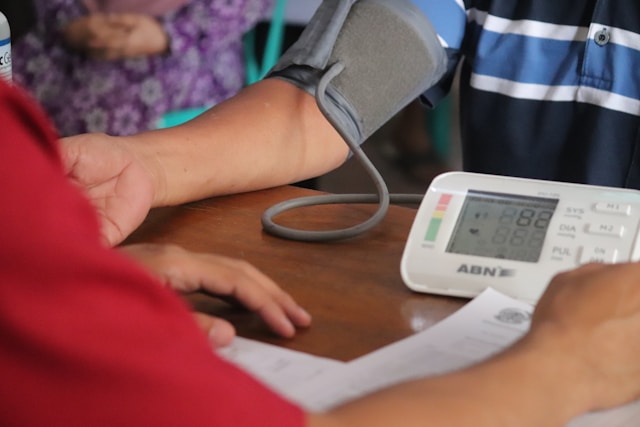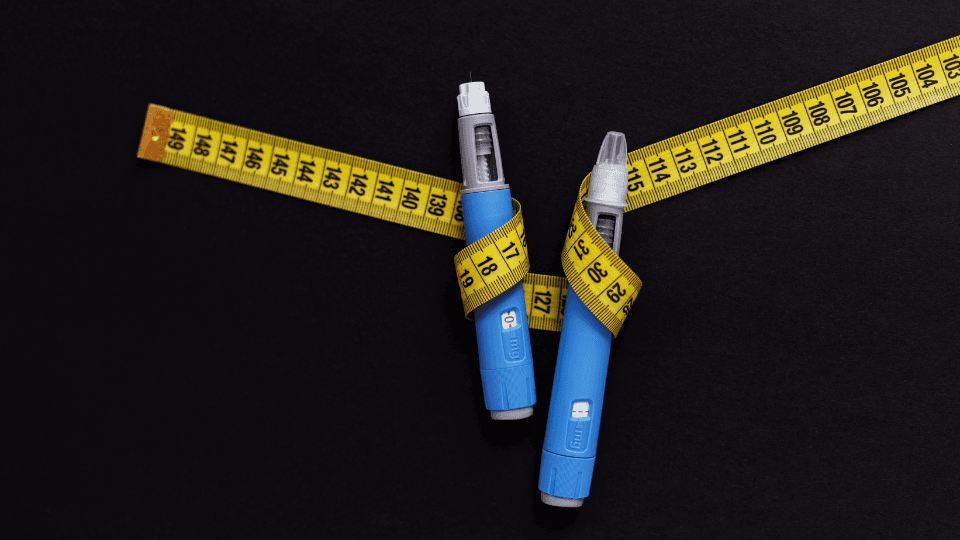Back
Jun 20, 2024
Understanding hypertension

Dr Jarrad Van Zuydam | Sports Physician
What is blood pressure?
Blood pressure refers to the forces exerted by your blood against the walls of your arteries as your heart contracts and relaxes. You can measure your blood pressure using an automated digital monitor or manually using a sphygmomanometer (try to say that three times fast). To get started, you will need to be seated or lying down with your arm placed at a similar height to your heart or next to your body. Wrap the cuff snuggly around your upper arm and lie still as it tightens while taking the measurement.
After taking your blood pressure measurement, a ratio with two numbers will appear. The upper number represents your systolic blood pressure (the pressure in your arteries when your heart contracts) and the bottom number represents your diastolic blood pressure (the pressure in your arteries when your heart relaxes).
What is hypertension?
Hypertension is the medical term for elevated blood pressure. Diagnosing hypertension requires your blood pressure to be consistently elevated over at least two consecutive days. Most countries (including the UK and South Africa) define hypertension at a cutoff of 140/90 mmHg. The US, however, takes a more aggressive stance and classifies hypertension as anything greater than 130/80 mmHg.
What causes hypertension?
Both modifiable and non-modifiable risk factors can cause hypertension. While you cannot change your genetic predisposition, you can change your lifestyle:
Consume a healthy diet rich in fruits and vegetables.
Lower your intake of salty foods and foods high in saturated fats and trans fats.
Exercise regularly. Aim for at least 150 minutes of moderate-intensity physical activity per week.
Avoid smoking and consuming heavy quantities of alcohol.
Maintain a healthy weight.
Manage your stress levels. If your first blood pressure reading is high (this can occur when taking the measurement in a doctor’s room), try relaxation exercises before any subsequent measurements.
Why is hypertension dangerous?
Hypertension increases your risk of heart, brain, and kidney disease and is the current leading contributor to all-cause mortality. To make matters worse, hypertension is often called The Silent Killer because of its usual failure to cause any noticeable symptoms. In fact, according to the World Health Organisation, approximately 50% of people with hypertension are not aware of their condition.
However, at severely elevated pressures, hypertension can cause symptoms. Head to your doctor straight away if you experience any of these warning signs:
Headaches.
Nosebleeds.
Nausea and vomiting.
Fatigue and confusion.
Vision changes and buzzing in your ears.
Irregular heartbeats and chest pain.
Muscle tremors.
Knowing your blood pressure can help prevent a host of health problems — get yours checked today.













